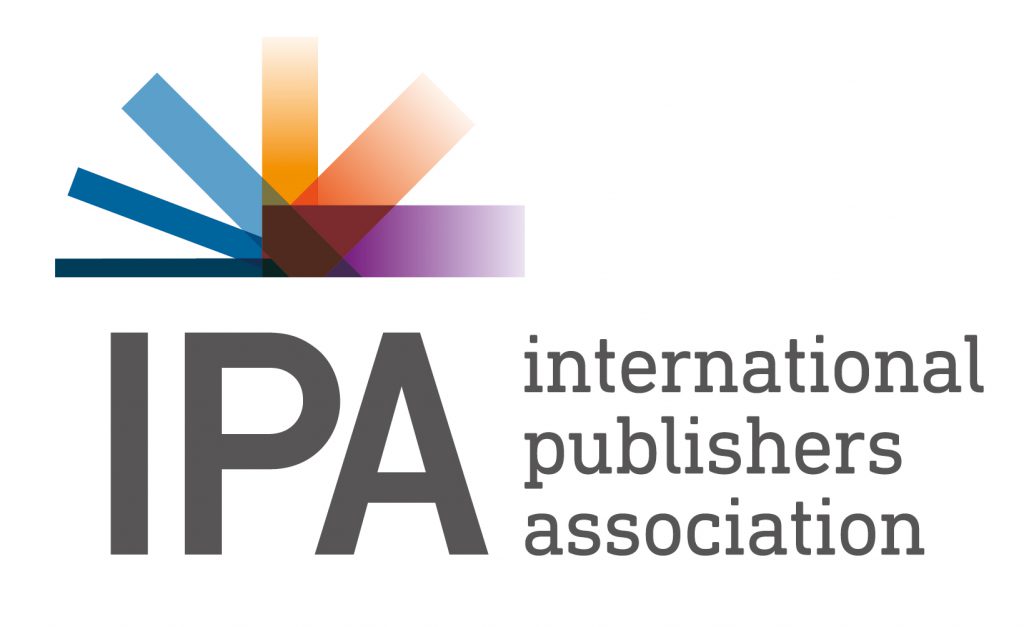Publishers want their books to be read. By everyone. IPA’s goal is that all readers be able to purchase books at a fair price and read them when and where they want to, regardless of disability. An enabling legal framework can support this goal provided the following conditions are met:
- Primacy of sustainable, commercial solutions
The sale of works in advanced digital and/or audio formats can offer the same access to such works for individuals with print disabilities as is available to other consumers in the marketplace. An enabling legal framework must encourage and give priority to commercial solutions. - A fair and balanced national copyright law
IPA supports appropriate national copyright exceptions for persons with print disabilities. They should be tailored to local requirements and take into account local practice and institutions that help provide access. IPA supports the introduction of such exceptions in consultation with local stakeholders. However, they do not usually provide the secure, trusted network necessary for exchange of digital files, especially internationally. - An efficient, swift and trusted mechanism for international file transfer
IPA acknowledges the need for a transparent and orderly international exchange of accessible files. Where a work is transferred in a digital format that can be readily accessed by disabled and able-bodied readers alike, authorization for international transfer by the rights-holder remains essential. An enabling legal framework can facilitate authorisation through trusted intermediaries, provided an effective compliance mechanism allows for trust to develop and be sustained. - Effective, collaborative solutions
Retrodigitisation is a very slow, expensive and cumbersome way to provide access. Obstacles to access can best be removed through technical solutions, the provision of adequate resources and collaboration. IPA and its members are committed to overcoming practical obstacles to access. IPA believes governments and international organisations must support such collaboration at national and international level. - An international instrument that gives effect to the previous four elements
In times of rapid technological change and dramatic shifts in the knowledge economy, WIPO must use instruments that are flexible and effective. To make use of the flexibilities of the Berne Convention three-step-test, a number of supportive measures can be envisaged, including appropriately worded resolutions or recommendations. They should, however, be accompanied by practical measures and WIPO policies that ensure real change.

